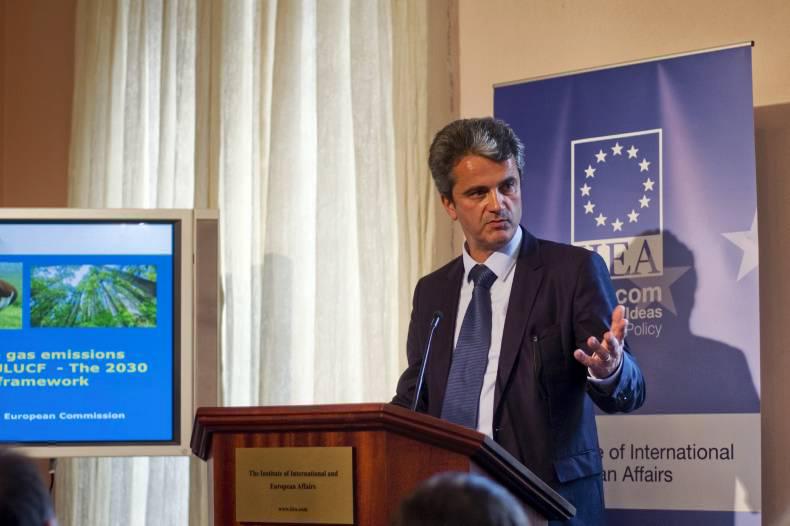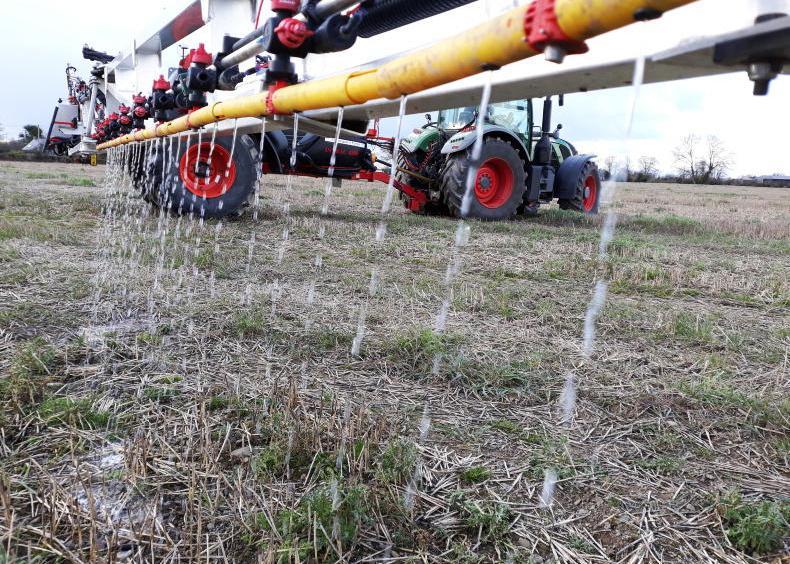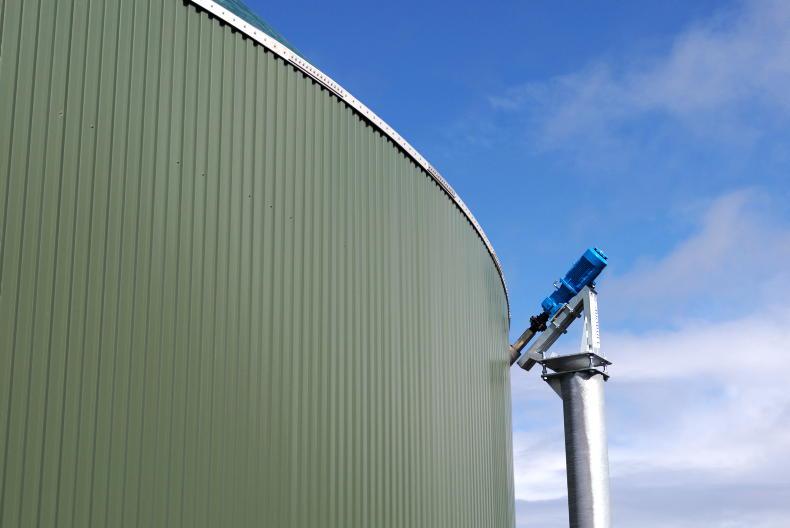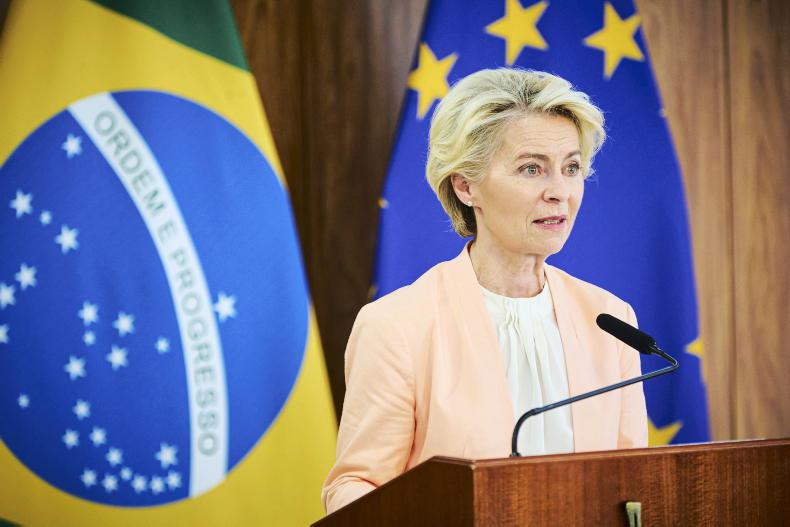Peter Wehrheim, head of unit at the Commission’s Directorate General for Climate Action, said discussions were under way to put forward a legislative proposal early next year on the reduction of greenhouse gas emissions from agriculture and other types of land use between now and 2030.
“There are a couple of technical issues we are currently discussing with the member states – with the authorities from Ireland and from other member states,” Wehrheim said. He mentioned issues surrounding the way greenhouse gas emissions are accounted for, including the choice of reference years and the way emissions and sequestration from agriculture and other activities such as forestry may or may not be allowed to balance each other.
Wehrheim said the Commission was now working to assess the impact of the upcoming legislation, aiming to protect existing carbon sinks and to provide incentives to reduce emissions “while also safeguarding food security. Irish challenges in that context are very well understood through various bilateral discussions like this”.
Wehrheim and his counterpart from the Commission’s agriculture directorate general spoke at the Institute for International and European Affairs ahead of a visit to the Department of Agriculture.
Read Matt Dempsey’s analysis on the strong case for Irish farming ahead of December’s global conference on climate change in Paris.
Wehrheim also presented the first results of a consultation with stakeholders in the agriculture and land use sectors, which ended on 18 June. He said that many member states and producers’ organisations insisted on the need to consider each country’s specific situation.
Industry representatives “stress that national circumstances are very important and that competitiveness concerns also need to be taken into account,” he said, and some expressed the opinion that imposing strong regulation on countries that are already efficient would be “unfair”.
The Commission has also consulted environmental organisations. Many argue that agriculture will be a key target sector to reduce emissions. They also tend to oppose proposed flexibility to balance emissions between agriculture and other types of land use.
Look out for more detailed coverage of upcoming climate European legislation and its impact on Irish farming in the Farmers Journal in print and online this week.
Peter Wehrheim, head of unit at the Commission’s Directorate General for Climate Action, said discussions were under way to put forward a legislative proposal early next year on the reduction of greenhouse gas emissions from agriculture and other types of land use between now and 2030.
“There are a couple of technical issues we are currently discussing with the member states – with the authorities from Ireland and from other member states,” Wehrheim said. He mentioned issues surrounding the way greenhouse gas emissions are accounted for, including the choice of reference years and the way emissions and sequestration from agriculture and other activities such as forestry may or may not be allowed to balance each other.
Wehrheim said the Commission was now working to assess the impact of the upcoming legislation, aiming to protect existing carbon sinks and to provide incentives to reduce emissions “while also safeguarding food security. Irish challenges in that context are very well understood through various bilateral discussions like this”.
Wehrheim and his counterpart from the Commission’s agriculture directorate general spoke at the Institute for International and European Affairs ahead of a visit to the Department of Agriculture.
Read Matt Dempsey’s analysis on the strong case for Irish farming ahead of December’s global conference on climate change in Paris.
Wehrheim also presented the first results of a consultation with stakeholders in the agriculture and land use sectors, which ended on 18 June. He said that many member states and producers’ organisations insisted on the need to consider each country’s specific situation.
Industry representatives “stress that national circumstances are very important and that competitiveness concerns also need to be taken into account,” he said, and some expressed the opinion that imposing strong regulation on countries that are already efficient would be “unfair”.
The Commission has also consulted environmental organisations. Many argue that agriculture will be a key target sector to reduce emissions. They also tend to oppose proposed flexibility to balance emissions between agriculture and other types of land use.
Look out for more detailed coverage of upcoming climate European legislation and its impact on Irish farming in the Farmers Journal in print and online this week.









SHARING OPTIONS